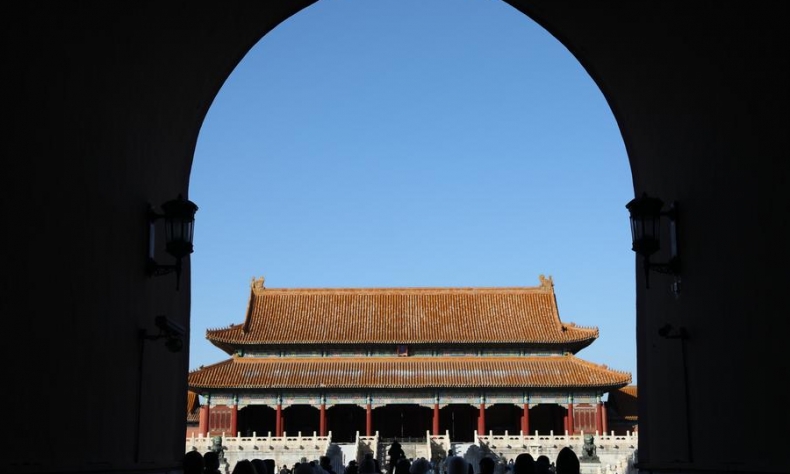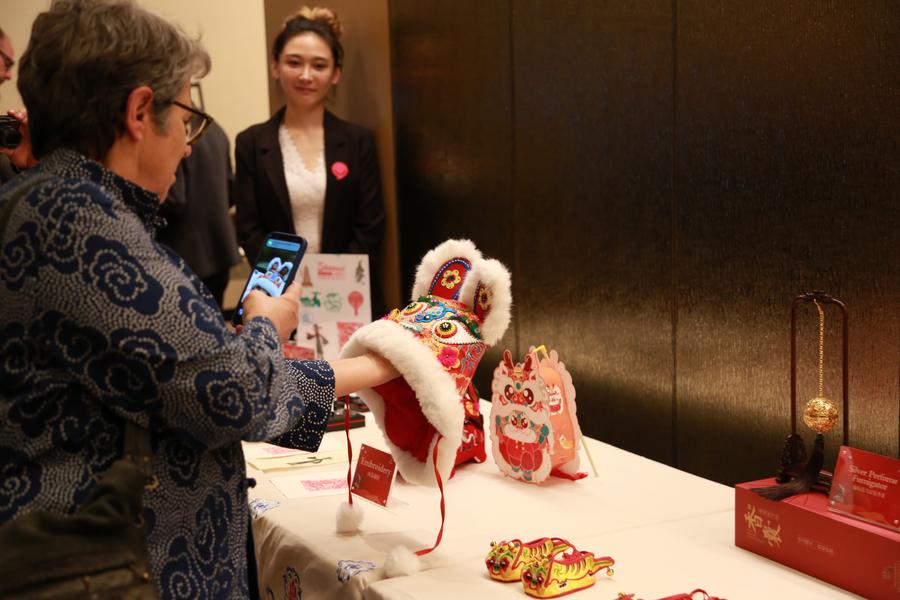A Celebration of Civilizations

In a world facing mounting challenges, from climate change to geopolitical tensions, initiatives like the GCI serve as beacons of hope and solidarity in the face of adversity.
Looking back on the first year of the Global Civilizations Initiative (GCI), now is the perfect time to examine its achievements and position in the current international geopolitical arena.
The GCI, proposed by Chinese President Xi Jinping in March 2023, intends to promote cultural inclusiveness and mutual learning. Navigating the complexities of the current geopolitical landscape requires paying attention to Xi’s remarks, which offer valuable insights into China’s approach to international relations.
With globalization further intertwining economies and cultures, grasping China’s perspective becomes crucial for promoting cooperation and effectively tackling global challenges. Xi’s observations provide a nuanced understanding of power dynamics, regional tensions and the importance of multilateralism in today’s interconnected world.
As the world tries to make its way through uncertain times, embracing different viewpoints is essential for charting a course toward stability, prosperity and mutual understanding on the global stage.
The GCI has emerged as a guiding light, advocating cultural and civilizational strength in addition to economic and technological advancements when addressing the complex challenges of this era. Xi’s speeches at different international forums, including the UNESCO headquarters in 2014, the United Nations General Assembly in 2015, and the Conference on Dialogue of Asian Civilizations in 2019, have consistently underscored China’s dedication to enhancing global dialogue and cooperation.
The GCI is firmly anchored on four pillars: the respect for the diversity of civilizations, the common values of humanity, the inheritance and innovation of civilizations, and robust international people-to-people exchange and cooperation.
These pillars serve as the foundation upon which the initiative aims to forge a more inclusive and collaborative global community. Through principles of equality, mutual learning, dialogue and inclusiveness, the initiative transcends barriers, encouraging understanding amid cultural diversity and promoting a harmonious coexistence among nations.
In its inaugural year, the GCI has translated into tangible endeavors that showcase its commitment to preserving cultural heritage and promoting mutual understanding.

Examples include the establishment of the Alliance for Cultural Heritage in Asia and the Asian Fund for Cultural Heritage Conservation, which aim to safeguard cultural heritage sites and promote cultural exchanges.
Events like the Understanding China Conference, an international platform encouraging exchanges between China and the rest of the world, and the Liangzhu Forum, which supports the Belt and Road Initiative—a China-proposed initiative to boost connectivity along and beyond the ancient Silk Road routes, have become platforms for fostering dialogue and collaboration among nations, contributing to the enrichment of global discourse.
The GCI’s impact on global conversations is also highlighted by activities such as the Meeting on Cultural Inheritance and Development, where scholars, policymakers and cultural ambassadors convene to explore ways to preserve cultural heritage and promote mutual understanding. Additionally, events like the Chengdu FISU World University Games and the Hangzhou Asian Games, have encouraged people-to-people exchanges and nurtured appreciation for diverse civilizations, promoting values like tolerance and empathy.
Xi’s emphasis on Chinese civilization and culture serves as a cornerstone for the GCI, drawing insights from China’s rich heritage. Values such as continuity, innovation, unity, inclusiveness and peace have long inspired China’s approach to international relations, fostering goodwill toward neighbors and harmony among nations.
In the broader context of China’s global initiatives, the GCI emerges as a pivotal force. While the Global Development Initiative (2021) focuses on economic development and poverty alleviation, and the Global Security Initiative (2022) addresses security challenges, the GCI complements these endeavors by advocating for diversity, common values and international exchange.
Moving forward, the GCI’s path shows great potential, ready to strengthen its role as a catalyst for global cooperation and mutual understanding. In a world facing mounting challenges, from climate change to geopolitical tensions, initiatives like the GCI serve as beacons of hope and solidarity in the face of adversity.
Reflecting on the initiative’s achievements in its inaugural year and its significance within China’s broader global efforts, we are reminded of the importance to embrace diversity, promote shared values, and collaborate toward a brighter and more harmonious future for all.
The author is a Brazilian researcher of international relations and an editorial consultant at China Hoje.
 Facebook
Facebook
 Twitter
Twitter
 Linkedin
Linkedin
 Google +
Google +










